Universality versus Cultural relativism in International Human Rights: A Case Study of the Anti-Homosexuality Act of Uganda 2023
Godswill Owoche Antai
Kampala International University, Kampala, Uganda.
Correspondence: godswill.antai@kiu.ac.ug; +256 (0) 741217856
ABSTRACT
This research examines the frequent conflict that has emerged between the universal human rights standard and the indigenous cultural practices with special attention paid to the Anti-Homosexuality Act of Uganda of 2023. The Act criminalized same-sex relationships, an act that is in violation of universal human rights principles and showed a probable conflict between international norms and local cultural values. This review unravels how the Anti-Homosexuality Act of Uganda fits with or goes against international human rights commitments and further to determine more general implications of balancing universal principles against cultural relativism. The doctrinal approach adopted in this study includes a review of relevant international treaties, Uganda’s legislation and academic literature. The findings reveal that the Act, to an extent, undermines universal principles of human rights through the violation of rights to privacy, dignity, and equality. Such tug of war will require a lot of inclusive dialogue with the local communities and advocacy for protection of human rights which respects the cultural context. In addition, international organizations should support capacity building and facilitate debates that improve tolerance and respect for human rights. The work will engender a debate in reconciling universal human rights and cultural diversity, as well as emerging lessons for more effective and sensitive strategies in international human rights advocacy.
Keywords: Universality, Cultural relativism, Human Rights and Homosexuality
CITE AS: Godswill Owoche Antai (2024). Universality versus Cultural relativism in International Human Rights: A Case Study of the Anti-Homosexuality Act of Uganda 2023. IAA Journal of Management 11(2):1-14. https://doi.org/10.59298/IAAJAM/2024/112.11400.00
